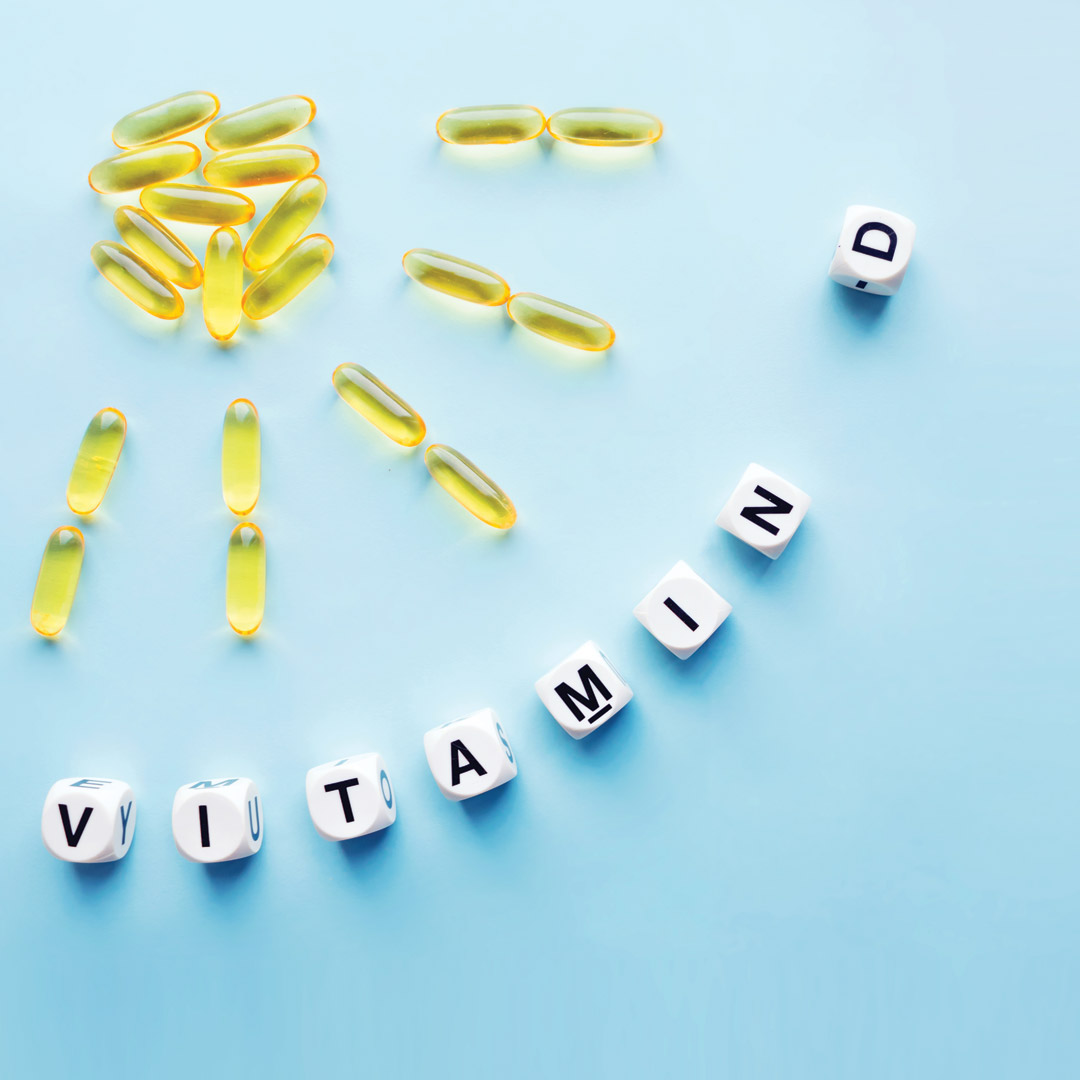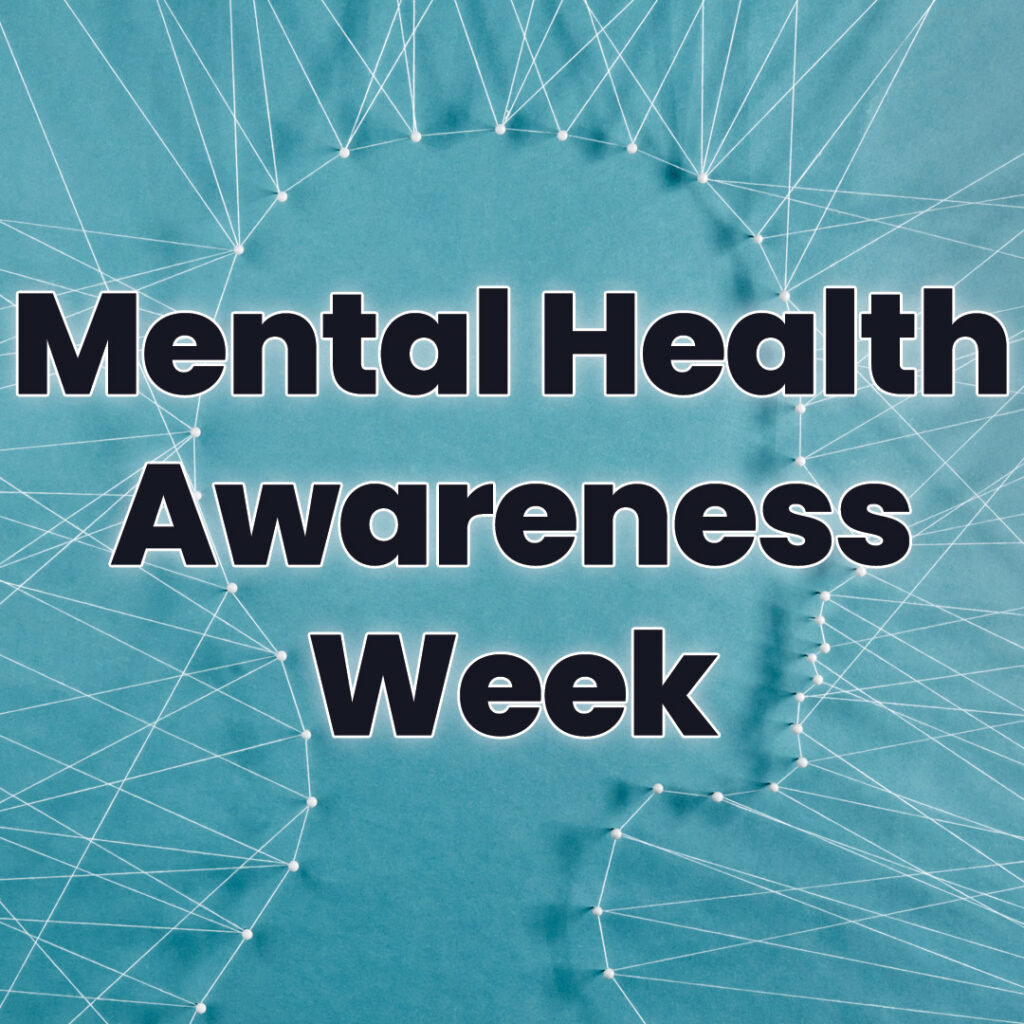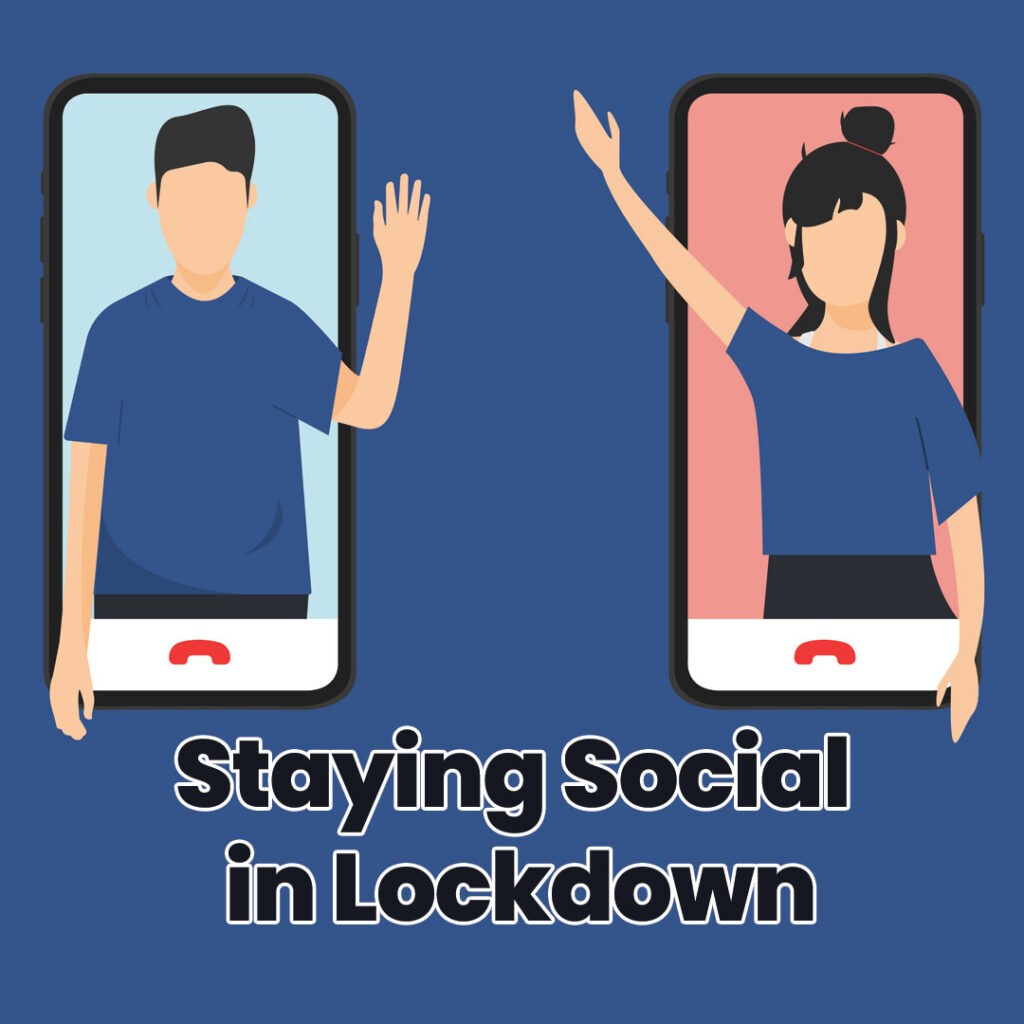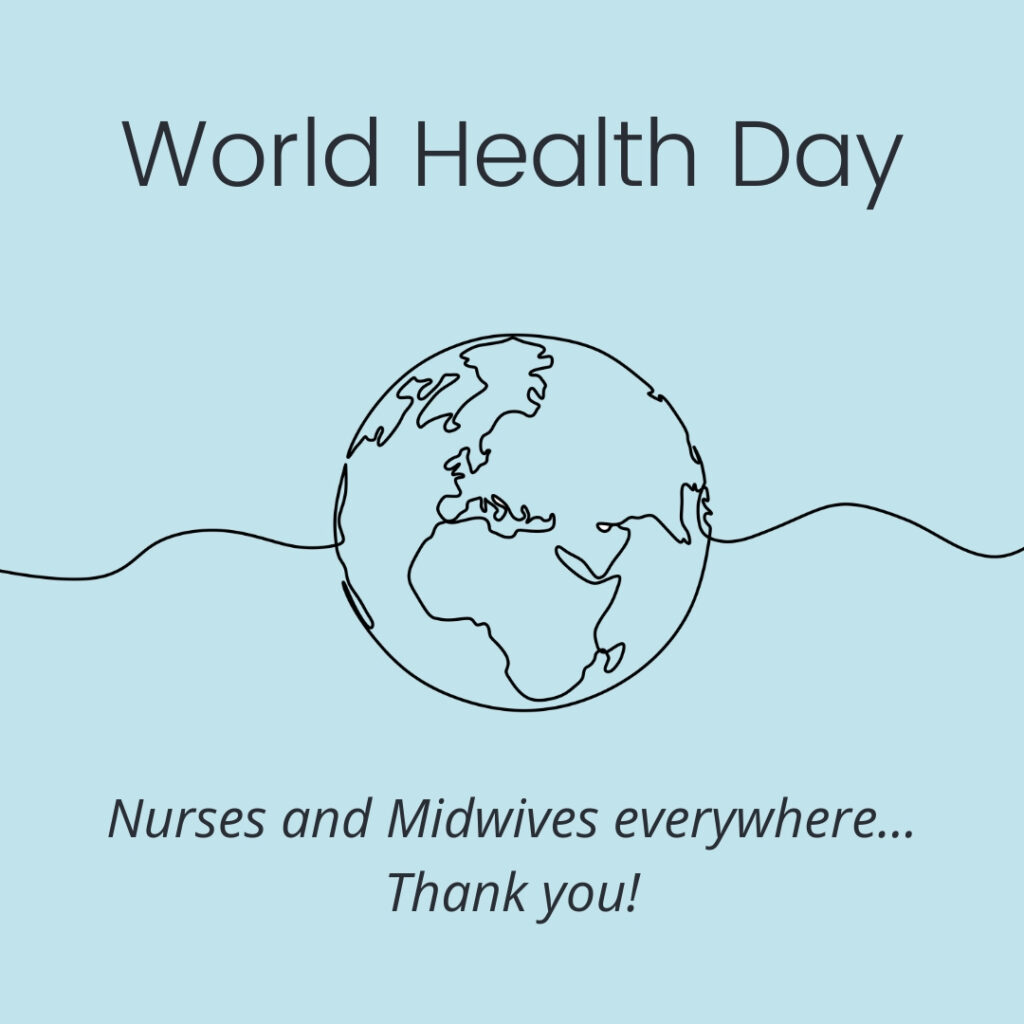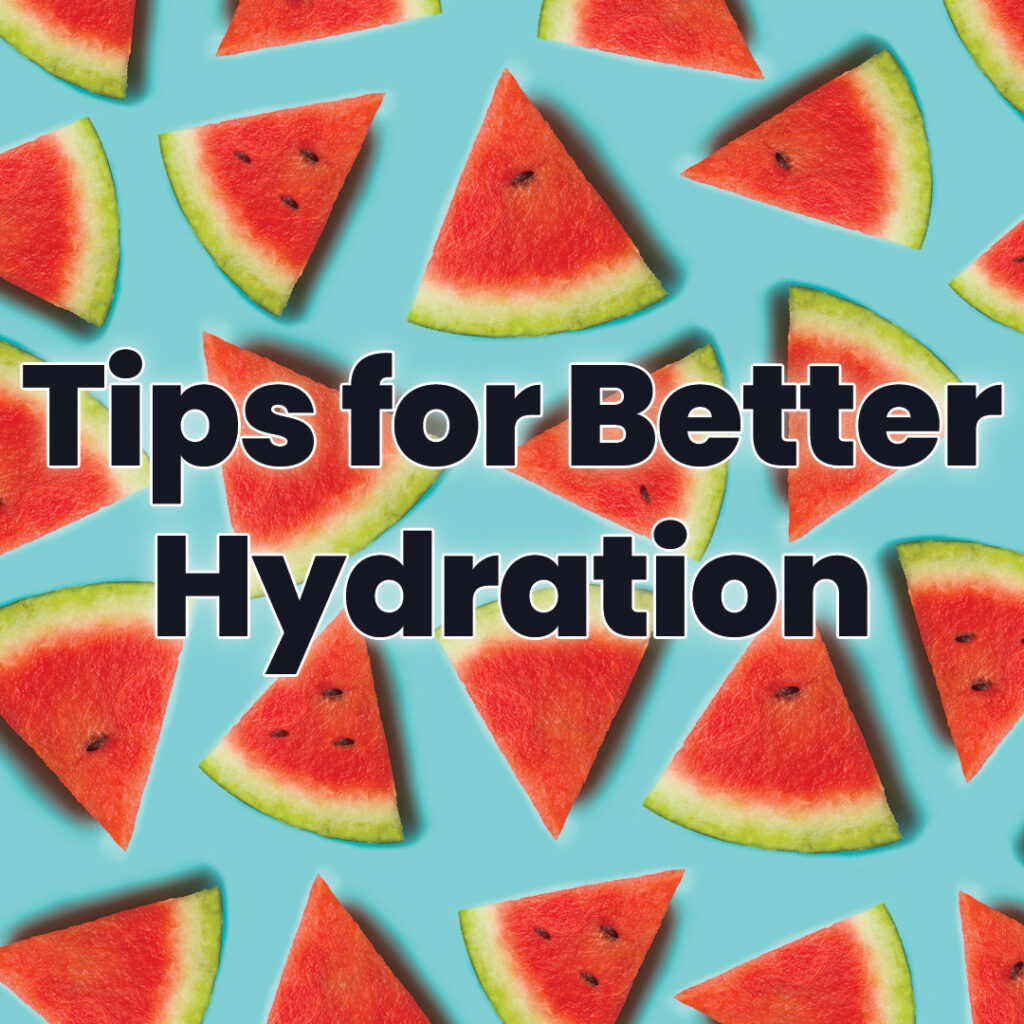The Importance of Vitamin D
Vitamin D is often referred to as the sunshine vitamin and for good reason. The human body needs this important vitamin for a variety of functions and to keep us healthy.
What is Vitamin D?
Vitamin D is a special vitamin because although some dietary sources provide us with this important vitamin, exposure to sunlight is the main source of vitamin D. Hence, why it is called the sunshine vitamin.
When your skin is exposed to the sun, it produces vitamin D. In fact, up to 90% of our total ‘intake’ comes from the sun and the rest comes from the diet. However, vitamin D from each of these sources is slightly different in their chemical structure but they are both converted to 25-hydroxyvitamin D and then 1,25 dihydroxy vitamin D.
Why do we need vitamin D?
Vitamin D is needed for the health and maintenance of strong bones by helping the body to absorb calcium. If you do not get enough vitamin D, it can cause soft and brittle bones. In children, this is a condition called rickets and in adults it causes osteomalacia.
It’s not just your bones that need vitamin D though, many other areas of the body utilise this vital nutrient, too. For example, our muscles need vitamin D to help them to move, it supports our immune system, reducing the risk of respiratory illness and protects against heart disease and strokes.
How will I know if I am deficient?
Certain groups are more susceptible to vitamin D deficiency, usually because they have little or no exposure to natural sunlight. These include:
- People who are housebound or frail, so can’t get outdoors much
- Those who are institutionalised like in a care home or prison
- People who cover up most of their skin when they are outside
- Individuals who are of African, African-Caribbean or South Asian descent
Some of the symptoms associated with vitamin D deficiency are:
- Bone pain
- Fatigue
- Depression
- Hair loss
- Muscle pain
- Recurrent infections
What can I do to boost my vitamin D status?
The best way to ensure you are getting enough vitamin D is to spend some time outdoors between late March and October. During this time, your body should be able to make vitamin D to prevent deficiency.
You will need to spend some time in the sun with your forearms, hands, or lower legs uncovered and without sunscreen during these months. You should, however, take care not to burn your skin in the sun, so you should cover up or protect your skin with sunscreen before it starts to go red.
If you sit inside near a window, you will not be able to get vitamin D even if it is sunny. That’s because the UVB rays the body needs to make vitamin D cannot travel through glass.
There are certain individuals that The Department of Health recommends taking a vitamin D supplement. These are:
- All babies from birth up to the age of one including those who are breastfed and those who are formula-fed but have less than 500ml of infant formula per day
- All children aged between 1 and 4
- People who are not exposed to the sun often
The rest of the population (all those aged over 5) are advised to think about taking a daily vitamin D supplement containing 10 micrograms.
There are also some dietary sources of vitamin D, these include:
- Oily fish
- Red meat
- Eggs
- Fortified foods like breakfast cereal
Summary
Vitamin D is important for the regulation of calcium and phosphate in the body, we need it for strong, healthy bones, teeth, and muscles. A deficiency can result in rickets in children or osteomalacia in adults.
Because most of us get the vitamin D we need through sunlight exposure, you may want to consider a vitamin D supplement during the COVID-19 pandemic, especially if you cannot get out. There is no evidence that vitamin D reduces the risk of coronavirus, but it will help to keep your bones healthy while you are stuck indoors.
Before taking a vitamin D supplement, you should consult your GP for advice.
Sources
Holick, M, F. (2007). Vitamin D Deficiency. The New England Journal of Medicine: 357, pp 266-81.
Lab Tests Online UK. (2018). Vitamin D. Available at https://labtestsonline.org.uk/tests/vitamin-d
National Health Service. (2017). Vitamin D. Available at https://www.nhs.uk/conditions/vitamins-and-minerals/vitamin-d/
National Institutes of Health. (2020). Vitamin D. Available at https://ods.od.nih.gov/factsheets/VitaminD-Consumer/

